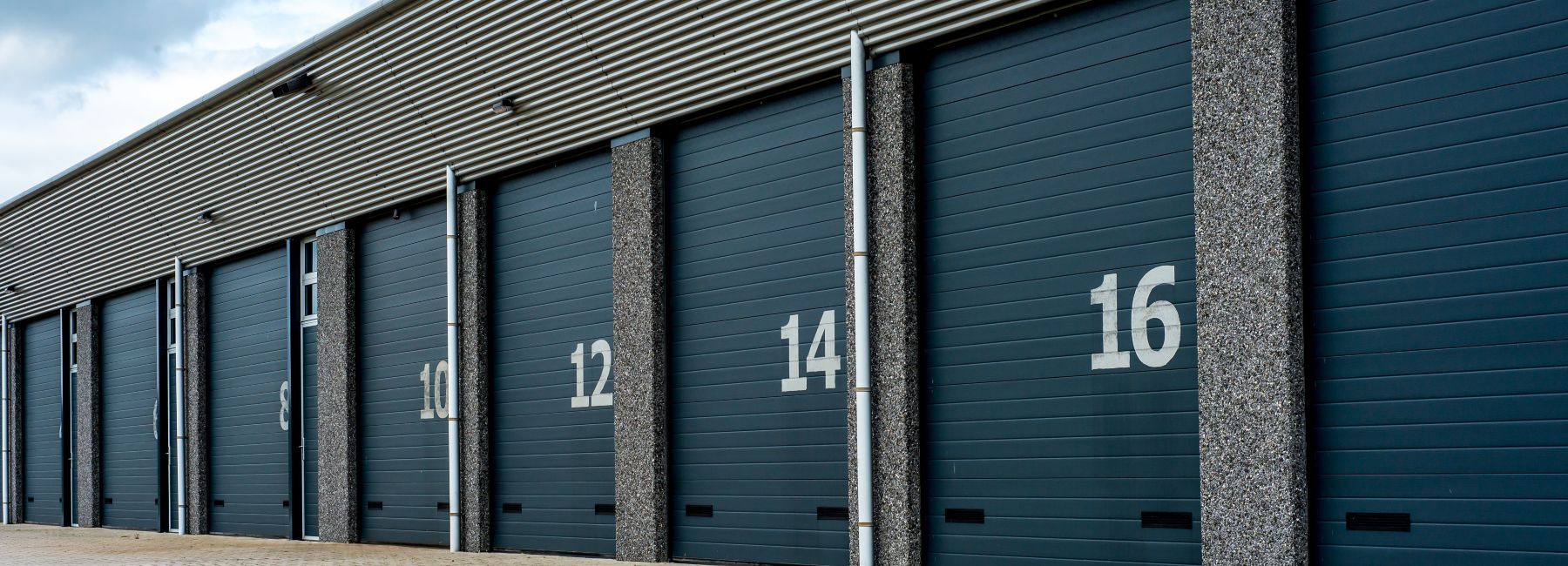October 9, 2018
Businesses are juggling an increasingly complex data and IT environment, in which they are faced with overwhelming amounts of data and vast numbers of applications.
Many current on-premises storage environments, with infrastructure that typically has reached the end of its service life, are not sustainable. The result: inefficiencies, the inability to leverage innovative capabilities, poor performance, escalating maintenance costs, underutilized storage capacity and complicated security arrangements. Compounding the problem is the fact that companies are typically spending 70 cents of every dollar on managing their traditional IT environments, leaving little room for investment in next-generation capabilities.
Using a consumption-based private cloud for storage, also known as Storage-as-a-Service (STaaS), opens doors to cost savings, secure and compliant infrastructure, the ability to leverage the latest technologies – such as automation, artificial intelligence and bionics – and a reduction in waste. STaaS can transform your storage environment in five important ways:
- Eliminate unused capacity. Typically, companies have tended to overprovision storage capacity because of uncertainty about how much would be needed. While most companies think they use as much as 75% or 80% of capacity, detailed analysis has found that as much as 60% of storage capacity is not used. Although 100% utilization is an unrealistic target, companies should be aiming for 85%. The question you have to ask yourself is, are you willing to pay a slightly higher premium per gigabyte of storage for better utilization? Adopting an agile storage model will show in a somewhat higher per unit cost but opens the way to a comprehensive and flexible service that can result in overall cost reduction opportunities of up to 50%.
- Effectively balance performance and capacity. A simple way to think about storage is as capacity vs performance. In the past, your data was distributed on a spinning disk that involved a trade-off between capacity and performance. To get acceptable performance, companies typically compromised with too much capacity, leading to inefficiencies. Today, with the advent of solid-state drives, you can dial between your capacity and performance based on compression and deduplication technologies that expand the amount of data you can store. This allows for greater flexibility between capacity and performance storage, which is hugely significant to the chief information officer, who no longer has to guess in advance just how much capacity versus storage will be needed. The end result is economic efficiency because you aren’t overprovisioned in any particular aspect of your storage kit, and you can respond to growth or decline, seasonal variations or fluctuations in demand.
- Scale capacity. There’s a good reason why companies typically massively overprovision for storage, and that’s because they know that it takes months to get the storage they require. If they aren’t sure, they will buy more than they need rather than take the risk of running short. But STaaS provides the elasticity you need to quickly scale up capacity without being held hostage to the limits of a particular storage array. By paying a flat rate per GB based on volume, your price per GB goes down as your volume increases — and you aren’t held back by the limitations involved with adding a new storage array.
- Increase manageability. STaaS has some distinct advantages when it comes to managing storage, including the ability to remotely manage and monitor the performance and health of your storage for capacity, failures and other issues. Furthermore, several levels of data protection ensure against unwanted replication of the data or loss of data due to disaster. You’re also better able to manage cost and seasonal requirements because you are only paying for what’s on the storage array. So, for instance, a retail customer who has greater analysis requirements in October and November in preparation for the holiday season can dial up that additional storage capacity, pay for it on an as-needed basis and get rid of it in January.
- Use bionics and analytics to increase availability. The true benefits of bionics and analytics in STaaS lie in providing a better, faster and cheaper service. The service provider can use the technologies to automate alerts and auto discover any issues, so the storage environment runs more smoothly. You might not notice that capabilities are being scaled up faster or that processes are more repeatable and scalable, but you will notice cost reductions and greater reliability of reporting.
Changing the storage story
The pressure continues to mount on CIOs and other business leaders to embrace digital transformation and the capabilities enabled by AI and other advanced technologies. The challenge, however, is where do you find the resources for this transformation if you’re investing 70% of every dollar on managing your traditional IT environment? By reducing your spend by up to 50% through STaaS, you can reinvest in digital technologies and in the resources and skills you need to meet the technology challenges of the future.
